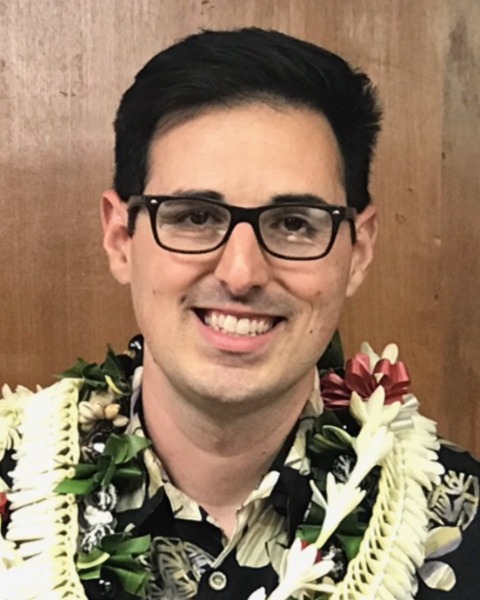Symposia
Eating Disorders
1 - (SYM 88) Attitudes Toward Online versus In-person Exposure Therapy for Eating Disorders

Jamal H. Essayli, Ph.D. (he/him/his)
Penn State College of Medicine
Hershey, Pennsylvania- JT
Jasmine Thomas, MS (she/her/hers)
Graduate Student
Palo Alto University
Palo Alto, California - MB
Marley Billman, B.S.
Graduate Student
Auburn University
Auburn, Alabama - SL
Susan Lane-Loney, PhD
Associate Professor
Penn State College of Medicine
Hershey, Pennsylvania
Speaker(s)
Co-author(s)
Background. Exposure therapy is the leading treatment for anxiety disorders, with growing evidence supporting its efficacy for eating disorders (EDs). However, little is known about the feasibility, acceptability, and efficacy of providing exposure therapy for EDs in an online format. Methods. Participants included 54 adolescents and young adults (ages 12 – 30 years) who received a blend of online and in-person therapy for EDs in an outpatient, intensive outpatient, and/or partial hospitalization level of care. Participants completed a questionnaire assessing their attitudes toward online versus in-person therapy for EDs, including the degree to which exposure therapy, open weighing, and other cognitive-behavioral interventions were as effective online as they were face-to-face. Results. Within-samples t-tests indicated that, overall, participants rated online counseling as more valuable than in-person face-to-face counseling, t(53)=2.64, p=.011. Participants reported similar levels of comfort with online and face-to-face counseling, t(53)=.97, p=.336. Half (50%) of participants agreed that exposure therapy was as effective in an online format, with 33% disagreeing, χ2(4, 42)=10.38, p=.034. A minority (36%) of participants agreed that open weighing was as effective online, with 50% disagreeing, χ2(4, 42)=13.95, p=.007. A notable majority (≥70%) of participants indicated that psychoeducation, motivational enhancement, meal planning, and cognitive restructuring were as effective online as face-to-face. Conclusions. These findings indicate that adolescents and young adults with EDs generally find online therapy to be an acceptable and effective treatment. Results suggest that certain types of exposure-based interventions for EDs, such as food exposure, might translate more effectively to an online format than other exposure-based interventions, such as open weighing.

